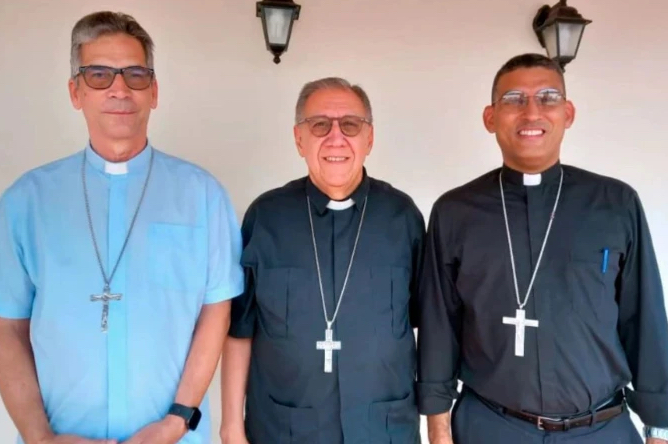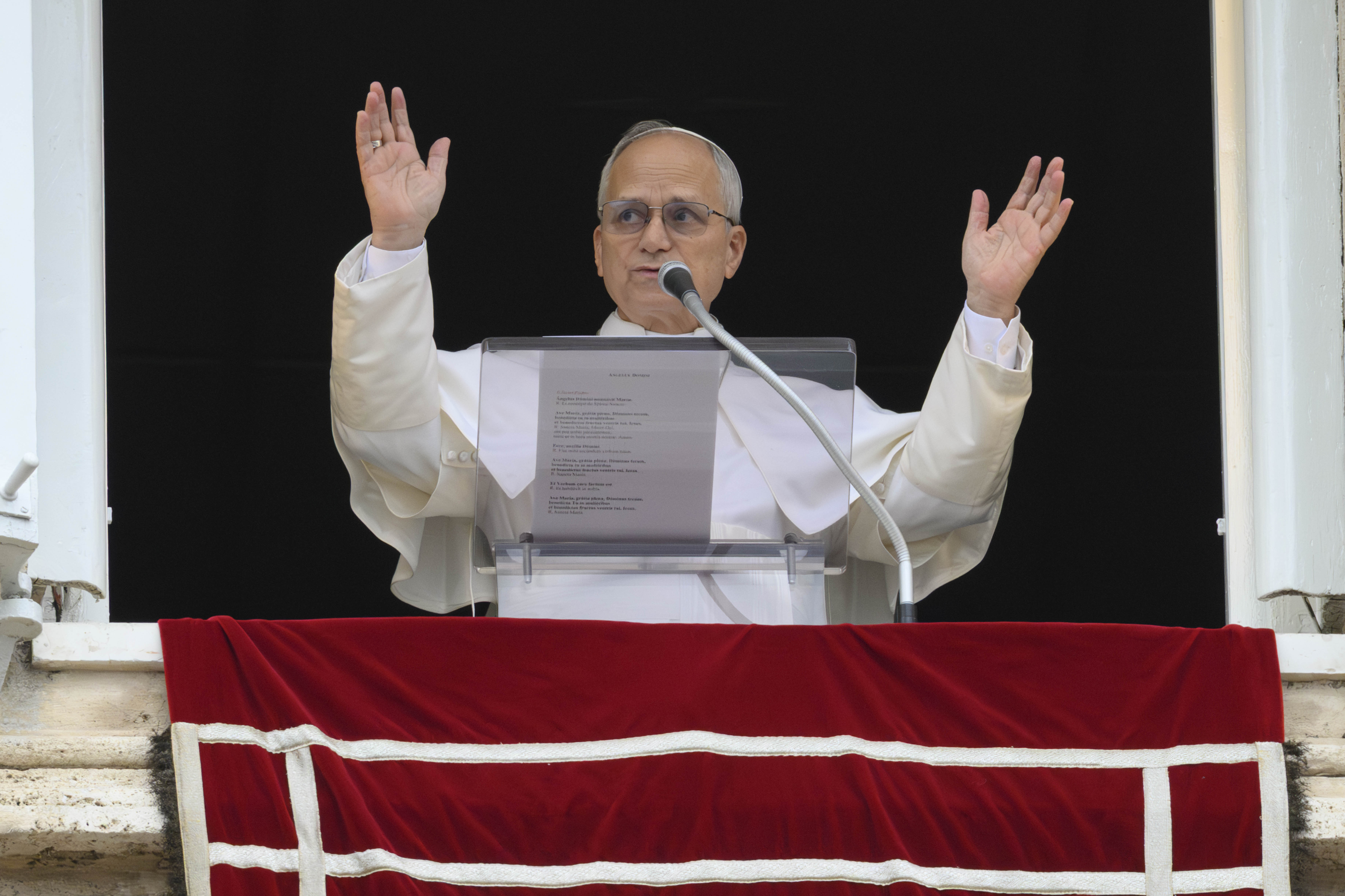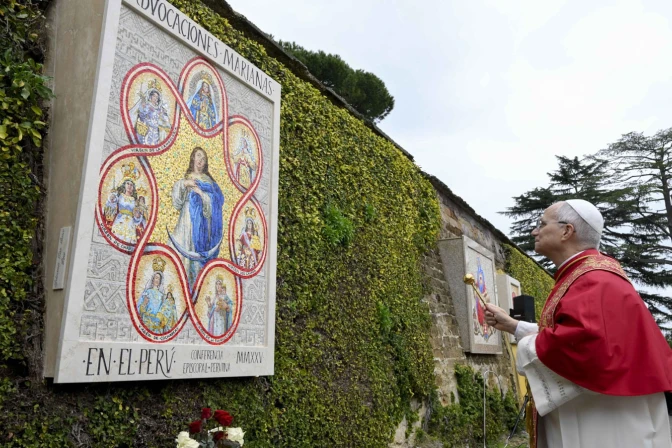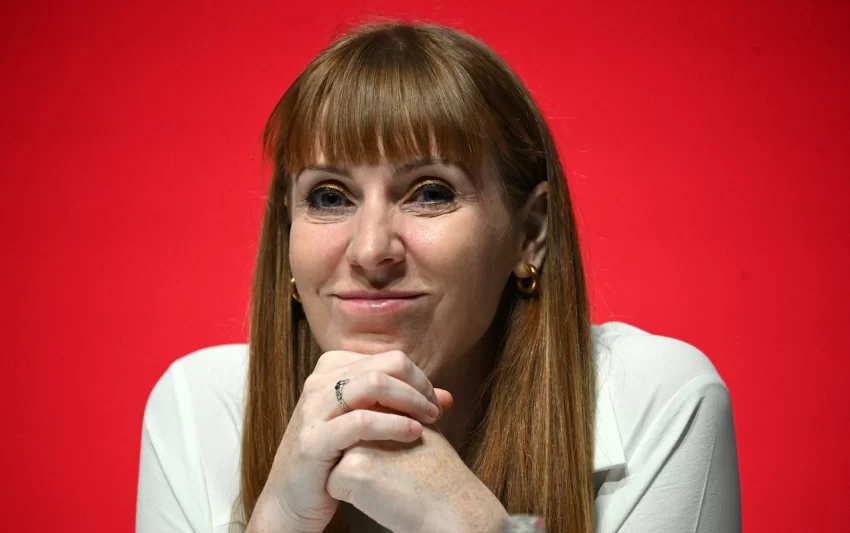Costa seeks to bypass Orbán’s veto on Ukraine’s EU membership bid
European Council President António Costa is leading a push to advance Ukraine’s application for EU membership despite Hungary’s opposition as leaders head for a pivotal summit in Copenhagen this week.
Costa has been sounding out support from EU capitals to streamline the process for new members and break the stalemate over prospective membership for Ukraine and Moldova, according to five diplomats and officials who were granted anonymity to speak to POLITICO.
The diplomatic offensive is an attempt to circumvent Hungarian Prime Minister Viktor Orbán, who has used his country’s veto to hold up Ukraine’s path to membership of the Union. Existing rules require all 27 EU member countries to green-light each stage of the accession process.
Moldova, which is also an official candidate for EU membership, is paired with Kyiv in the accession process and cannot move ahead as long as the impasse persists.
Under Costa’s proposal, so-called negotiating clusters — key legal steps on the path to membership — could be opened with the assent of a qualified majority of EU countries rather than unanimous agreement. Closing a cluster would still require the support of all the EU capitals, but the lower standard for opening negotiations would allow Ukraine and Moldova to begin the reforms necessary to demonstrate progress toward EU standards in particular policy areas. They could move their membership bids forward even if one or two countries are opposed, according to a person familiar with the plan.
According to the diplomats, Costa has been lobbying EU leaders directly during a recent “tour des capitales” where he met with several European leaders, as well as during bilateral talks on the sidelines of the United Nations General Assembly last week in New York.
“Enlargement is an important priority for the president of the European Council,” said one of the officials. “He sees it as the most important geopolitical investment the EU can make. That’s why he believes it is important to continue discussing avenues to ensure that Ukraine’s reform efforts can be translated into tangible steps.”
Marta Kos, the EU’s enlargement commissioner, will head to Ukraine on Monday as the country completes the screening process of the legislation required to move ahead with its candidacy.
“All clusters have been screened, in record time. Ukraine has delivered. Ukraine is ready for the next step. It’s now up to member states to give the green light,” Kos told POLITICO’s Brussels Playbook. “Both Ukraine and Europe cannot afford to see Ukraine’s momentum for reforms slow down. This is the moment to accelerate.”




















:quality(85):upscale()/2023/09/18/918/n/1922398/a1136b676508baddc752f5.20098216_.jpg)
:quality(85):upscale()/2025/10/09/670/n/1922283/00b944c868e7cf4f7b79b3.95741067_.jpg)
:quality(85):upscale()/2025/10/15/765/n/1922398/29c37a6e68efd84bb02f35.49541188_.jpg)
:quality(85):upscale()/2025/09/09/891/n/1922283/7222624268c08ccba1c9a3.01436482_.png)
















